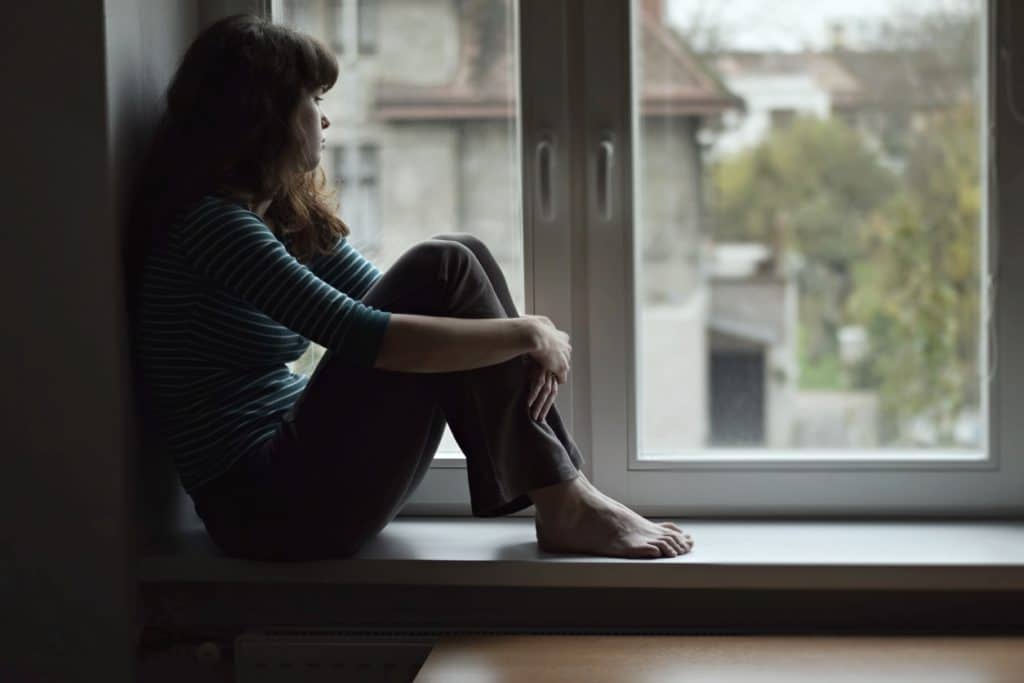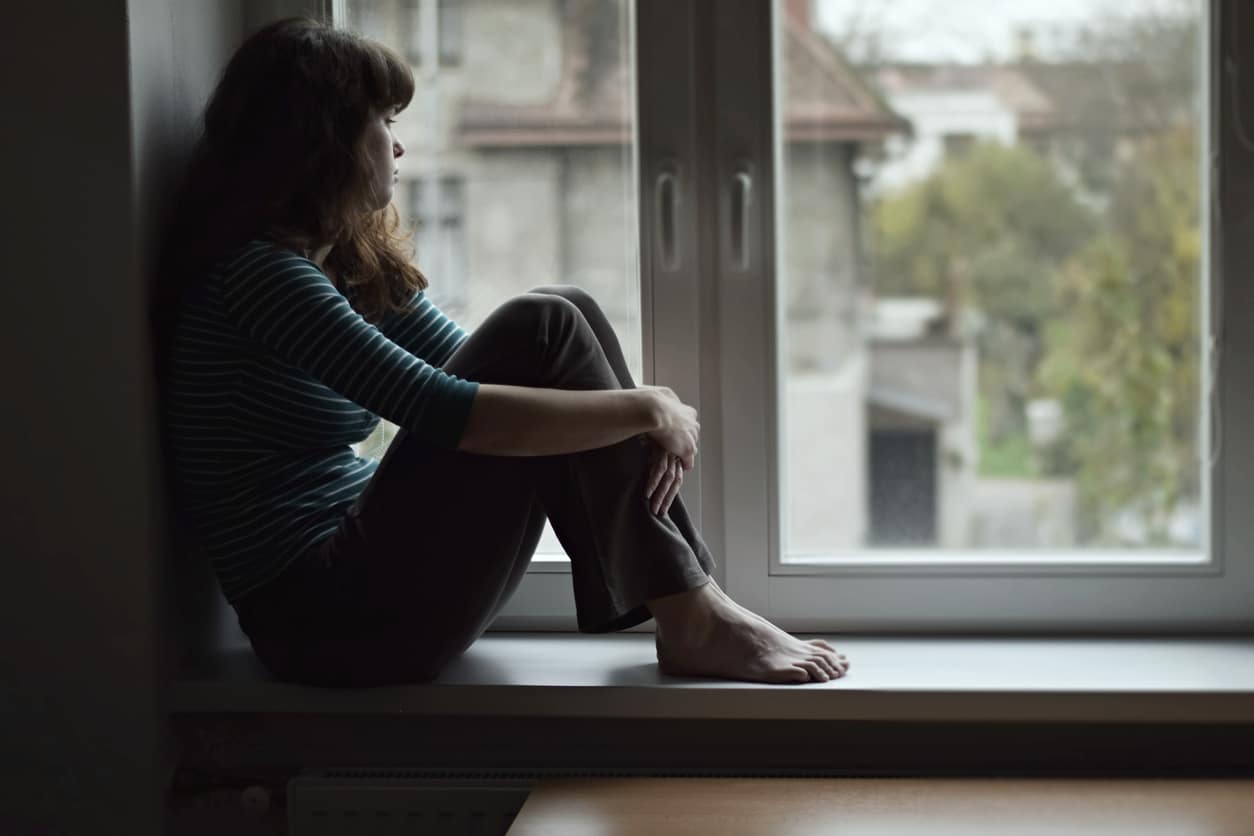Does sitting in the house all day make you feel tired? It’s a valid question, especially given how much time we all spend indoors these days. The answer, according to sleep experts, is a resounding yes.
Although sometimes there is nothing better than spending the day cuddled up inside, too much time cooped up indoors can be bad for our house. Being at home all day can make you tired because you lack sunlight, which impacts your circadian rhythm, and you become bored and tired through lack of stimulation. Your body needs sunlight and stimulation to stay alert. When you’re not getting enough of either, it can make you sleepy and sluggish. In addition, being at home all day means that you are probably not engaging in physical activity, which is essential for keeping your energy levels up during the day.
Negative effects of staying at home all day:
Of course, there are other negative effects of spending too much time indoors as well. For example, staying indoors too long can lead to depression and fatigue. This is because we miss out on opportunities to connect with others and get some fresh air when we’re stuck inside all day. Additionally, spending too much time indoors can lead to vitamin D deficiency. Getting enough vitamin D is essential for bone health, and without enough of it, we can start to experience muscle weakness. So if you’ve been feeling extra tired lately, it might be worth heading outside for a walk or getting some sun (when possible) to help boost your energy levels!
Staying indoors can sap our mental energy, lead to a poor immune system, increase our blood pressure, lead to sleep troubles and even give us mood swings!

Does sitting in the house all day make you tired?
1. Lack of Stimulation
When you’re constantly bombarded with stimulation from work, school, or your social life, your brain gets used to being constantly active. So when you have a day where you do nothing but sit around at home, your brain isn’t sure what to do with itself. As a result, you might start feeling tired as your brain tries to adjust to the lack of stimulation.
2. Lack of Exercise
It’s no secret that exercise can help improve your energy levels. When you’re stuck at home all day with no opportunity to move your body, it’s not surprising that you might start to feel sluggish and tired. If you want to avoid this feeling, try to get some exercise even if you’re just going for a walk around the block or doing some simple at-home workouts.
Read also: Why does inactivity make you tired?
3. Lack of Sunlight
Sunlight is known as a natural mood booster, so it’s no surprise that being cooped up indoors can leave you feeling low energy and tired. If possible, try to get some natural light during the day by opening the curtains or taking a brief walk outside. The extra sunlight will help improve your energy levels and fight fatigue.
4. Too much screen time
When you’re stuck indoors all day, it’s easy to turn to technology for entertainment. But too much screen time can actually make you more tired because of the bright blue light emitted by screens. This type of light tricks your brain into thinking that it’s still daytime, making it harder for you to fall asleep at night and leaving you feeling groggy and tired during the day. To combat this, try to limit your screen time and take regular breaks throughout the day.
5. Mental Health Issues
If you’re struggling with mental health issues like anxiety or depression, being stuck at home all day can exacerbate those issues and leave you feeling exhausted both mentally and physically. Even seemingly minor things can have a huge impact if you are suffering with mental wellbeing problems. If you find yourself in this situation, it’s important to reach out for help from a mental health professional or support group so you can learn how to cope with your feelings in a healthy way. Sometimes you can think that you are the only one feeling this way, but actually it is a common problem and there is a lot of help out there.
6. Temptation of bed
When you’re at home all day, it’s so easy to just collapse in bed and take a nap when you start feeling tired. Unlike when we are at the office or out and about, our comfy beds are tempting and available when we are at home.
While taking the occasional nap can be beneficial for your health, doing it too often can disrupt your sleep/wake cycle and lead to more fatigue and sleep deprivation in the long run. So try to resist the temptation of jumping into bed, even if you’re feeling exhausted. Instead, do some light activity or take a walk outside to help energize your body and mind.
Read also: Why do I feel more tired after a lie in?
7. Boredom
Finally, sometimes we’re just plain bored when we’re stuck at home all day. And when we’re bored, we tend to lose focus and motivation, which can lead to fatigue.
It turns out that there may be a scientific link between boredom and fatigue. Neuroscientists have found that when we lack stimulation or motivation (ie when we are bored) the area of the brain called the nucleus accumbens helps us to fall asleep. In other words, when we’re stuck inside all day with nothing to do, our brains are more likely to tell us to just take a nap. That explains why we often feel so tired when we’ve been stuck inside all day!
To combat this feeling, try to find some activities that interest and engage you—even if they’re simple things like reading, watching TV, or chatting with friends online. By keeping your mind active, you can help fight off boredom and the exhaustion that comes with it.
Read our post on why boredom makes you tired.
Staying home all day and poor sleep quality
Another reason why you might find that you are more tired when you have been staying home all day regularly is that staying indoors can lead to poorer sleep quality. Without the natural daylight and sunlight to help regulate your circadian rhythm, it can be harder to stay on track with your sleep schedule. This can lead to feeling more tired the next day, and if you are stuck at home all day without any natural light, it can become a difficult cycle to break.
The human body is designed to function best when exposed to daylight. Sunlight helps to regulate our natural circadian rhythms, telling our bodies when it’s time to wake up and when it’s time to sleep, as well as increasing our vitamin D levels. Unfortunately, most of us don’t get nearly enough daylight exposure during the day. And when we’re exposed to too much artificial light, like the kind emitted by computer screens and phones, our bodies produce less melatonin. That makes it harder to fall asleep at night.
Artificial light also disrupts our natural circadian rhythms, causing us to feel sleepy during the day and unable to sleep at night. That’s why it’s so important to get outside during daylight hours.
If you find that staying indoors is leading to disturbed sleep patterns, try to get some sun exposure during the day and implement good sleep hygiene practices like avoiding screens before bed and setting yourself a regular bedtime. This can help you to regulate your sleep-wake cycle and fight off the fatigue that comes with staying inside too much.
Going for a walk or spending time in the sun can help improve your sleep quality. And if you still have trouble sleeping, try taking melatonin supplements before bedtime. With a little effort, you can get your body back on track and start feeling rested and energized again.
It’s also easy to become distracted while at home and end up staying up later than you intended! To combat this, try to maintain a consistent sleep schedule so your body knows when it’s time for rest and relaxation.
Lack of exercise can also lead to poorer sleep quality. Exercise releases endorphins and other hormones that help you to feel energized throughout the day, but it also helps you to feel relaxed at night. So if you’re stuck inside all day, try to find some way to squeeze in a bit of exercise—even if it’s just taking a walk around the block or doing some simple at-home workouts. Keeping active can help your body to relax and prepare for a good night’s sleep.
How to avoid feeling tired if you are at home all day
We’re all spending a lot more time at home these days, and it can be tough to stay energized when you’re cooped up indoors all day. Luckily, there are a few things you can do to avoid feeling tired. Here are four tips to help you keep your energy levels up:
1. Get Some Natural Light
One of the best things you can do to avoid feeling tired is to get some natural light. Open the curtains or step outside for a few minutes each day to let the sunshine in. Not only will this help improve your mood, but it will also give you a much-needed dose of vitamin D.
2. Exercise Regularly
Exercise is also key to avoiding fatigue. Even if you can’t hit the gym or go for a run, there are plenty of ways to squeeze in a quick workout at home. Taking a brisk walk around the block or doing some yoga in your living room are both great options. And, of course, don’t forget to warm up and cool down properly to avoid injuries.
3. Stay Hydrated
It’s important to stay hydrated throughout the day, especially if you’re spending most of your time indoors. Be sure to drink plenty of water and avoid sugary drinks like soda which can actually make you feel more tired. Herbal tea is also a great option for an afternoon pick-me-up.
4. Avoid Boredom
Finally, one of the easiest ways to avoid feeling tired is to simply avoid boredom. Make sure you’re taking some time each day to do things you enjoy, whether that’s reading, watching your favorite TV show, or talking on the phone with friends and family. By staying engaged and keeping your mind active, you’ll be less likely to feel sluggish and fatigued.
Conclusion: Can being at home all day make you tired?
There are a number of reasons why sitting in the house all day can make you tired—from lack of stimulation to mental health issues and everything in between. But there are also some things you can do to combat these feelings of fatigue, like getting some exercise or sunlight exposure even when you’re stuck at home. So next time you find yourself getting tired after a day spent indoors, remember that there could be a scientific explanation behind it—and take some steps to boost your energy levels!

1 thought on “Can Being At Home All Day Make You Tired?”